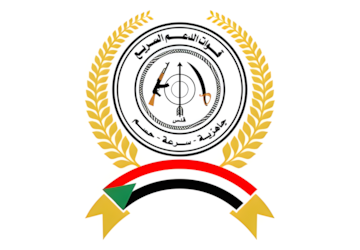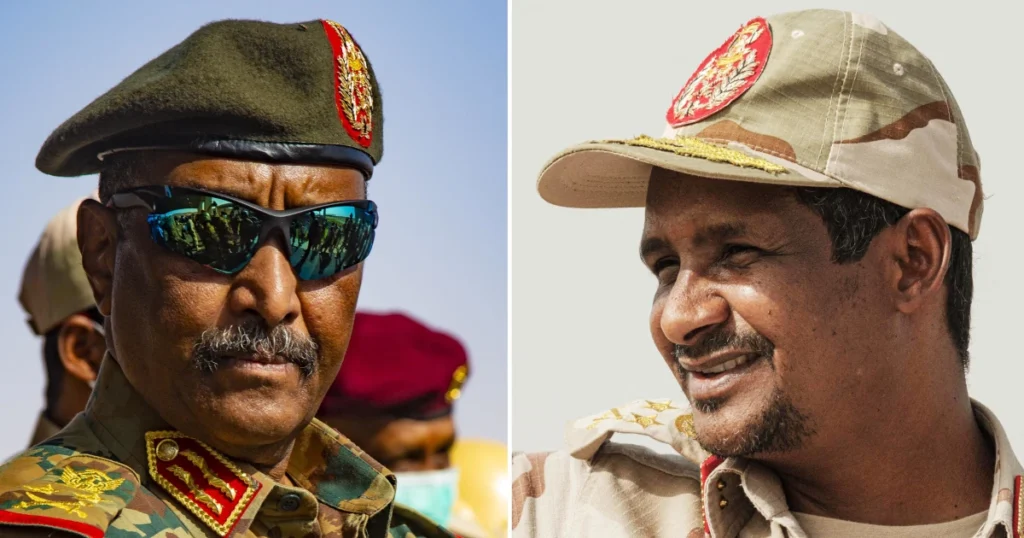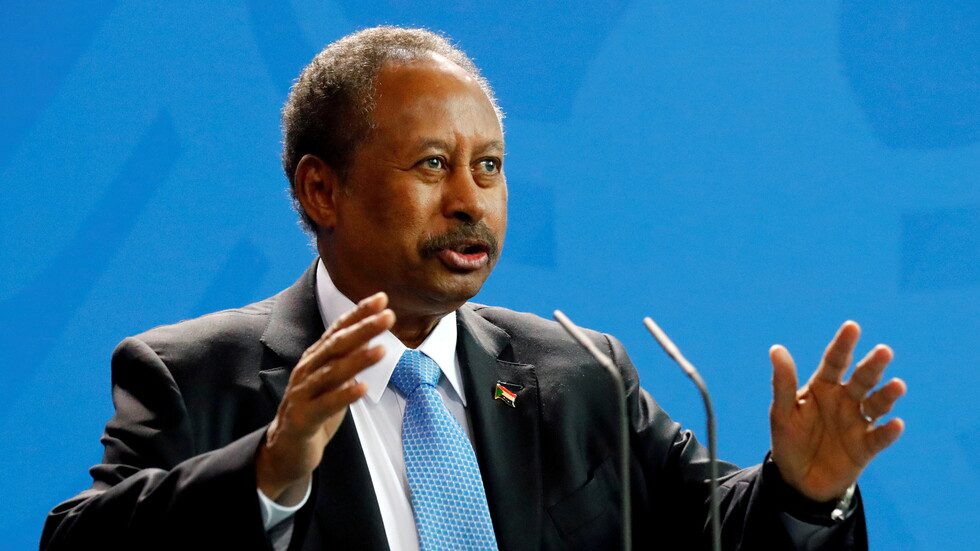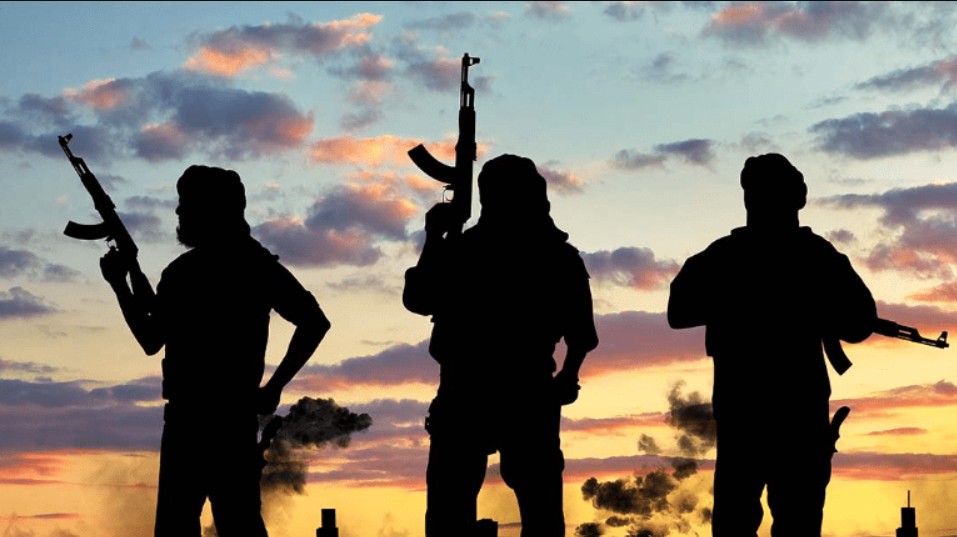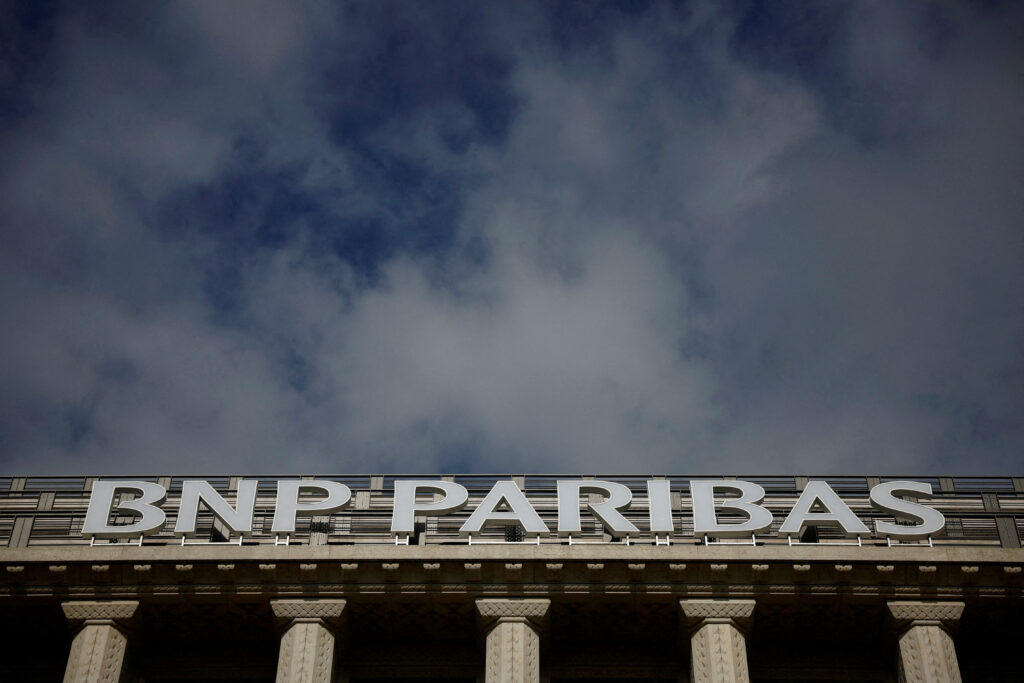
Sudanese refugees from Darfur and South Sudan have filed a U.S. lawsuit accusing French lender BNP Paribas of enabling Sudan’s military campaigns by providing illicit financial services to the government during the late 1990s and 2000s in violation of sanctions.
The case, now proceeding in Manhattan federal court, alleges the bank routed billions of dollars that allowed Omar al-Bashir’s regime to access U.S. markets and oil revenues, helping fund operations in which civilians were abused and displaced. The bank denies liability. A related civil trial opened this week with plaintiffs arguing BNP’s services materially supported atrocities; the bank says it provided standard banking services and there is no direct link to abuses.
BNP Paribas in 2014 pleaded guilty to U.S. sanctions violations tied to Sudan, Iran and Cuba and agreed to pay $8.9 billion; no victim-compensation fund was created as part of that resolution.
The current lawsuit—filed by Sudanese refugees living in the United States and covering conduct between roughly 1997 and 2011—has survived multiple procedural challenges and is one of the rare attempts to hold a global bank civilly liable before a U.S. jury for alleged complicity in human rights abuses.
Lawyers for the plaintiffs say the bank was “not just a financial intermediary,” but a key enabler that kept sanctioned funds flowing; BNP Paribas disputes that characterization. Proceedings are expected to continue in the coming weeks.

